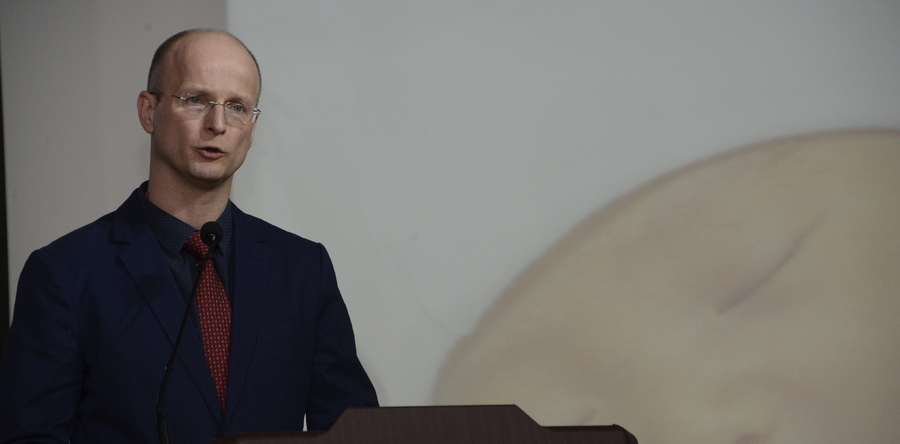ID :
481982
Thu, 02/22/2018 - 13:25
Auther :
Shortlink :
https://www.oananews.org//node/481982
The shortlink copeid
UNICEF: AIR POLLUTION THREATENS MONGOLIA’S HUMAN CAPITAL

Ulaanbaatar /MONTSAME/ Inaction towards air pollution in Ulaanbaatar would lead to an increase in the costs of treating air pollution-induced diseases in children of 33 percent between 2017 and 2025, costing health providers at least MNT 4.8 billion extra per annum by 2025, says a joint report commissioned by the National Center for Public Health and the United Nations Children’s Fund (UNICEF).
With the report titled ‘Mongolia’s air pollution crisis: A call to action to protect children’s health’, released on February 22, UNICEF calls for potential actions to prevent and treat the health impacts of air pollution, alongside a broader effort towards reducing the levels of air pollution.
“Air pollution has become a child health crisis in Ulaanbaatar, putting every child and pregnancy at risk. The risks include stillbirth, preterm birth, lower birth weight, pneumonia, bronchitis, asthma and death. It is a real threat to Mongolia’s human capital,” said UNICEF Mongolia Representative Alex Heikens.
“Reducing air pollution levels is the only long term sustainable solution to protect children’s health,” noted the Representative, calling for action to not only invest in cleaner and more efficient energy, but also in reducing children’s exposure, to provide better treatment to children with air pollution related diseases, and strengthen children’s overall health to reduce their vulnerability to air pollution.
In the last 10 years, incidences of respiratory diseases in Ulaanbaatar alarmingly increased including a 2.7-fold increase in respiratory infections per 10,000 population. Pneumonia is now the second leading cause for under-five child mortality in the country. Children living in a highly polluted district of central Ulaanbaatar were found to have 40 percent lower lung function than children living in a rural area.
“The Government acknowledges its leading role in the reduction of air pollution, and it is clear we can overcome air pollution with systematic actions taken over the course of several years,” remarked Minister of Health D.Sarangerel in her opening speech. “There has not been a single day without discussion of air pollution in the Cabinet in the last three months since it was formed.” The Minister also emphasized the utmost importance the Government attaches to public health, especially child health.
Minister D.Sarangerel appreciated the timeliness of the study saying, “Air pollution becomes a major political and social issue in winters and is basically forgotten in the other seasons. But I am glad such an important study report has been presented to us before the end of smog season,” adding that it will serve as important guidelines for identification of priorities, utilization of finance and cooperation with international organizations and partners.
The report recommends the following to reduce the impact of air pollution on children’s health:
Strengthen public education campaigns to raise awareness and improve understanding of the public on health consequences of air pollution, protection measures, use of clean technology and fuels, early recognition of respiratory diseases among children and so on
Rollout of the Pneumococcal Vaccine that will have an immediate effect on the health of children exposed to air pollution as it protects against invasive pneumococcal disease and pneumonia
Improve indoor air quality in public kindergartens, schools and hospitals where children spend considerable amount of time
Provide guidance to the public on the use and access to good quality of face masks
Furthermore, the report provides some medium and long-term recommendations to strengthen the health system as a whole, and recommendations for further research to better understand the health impacts of air pollution.
Kh.Aminaa
Full coverage of the event will be published on the Mongol Messenger's 9th issue.





